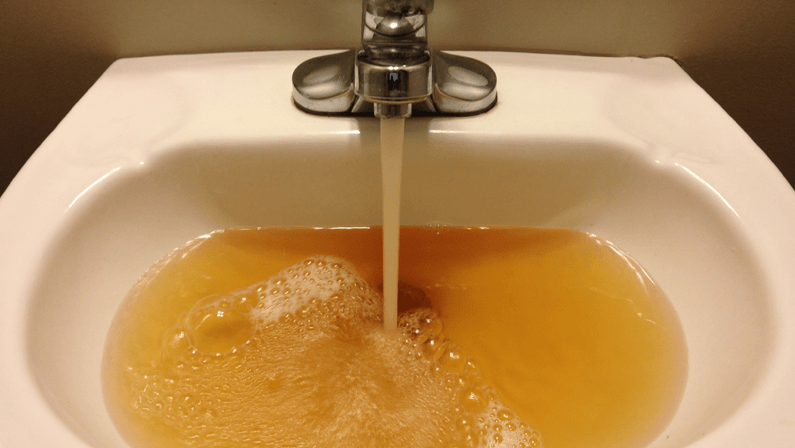Water gives life. That is without any doubt. A person may live without food but cannot survive without water. It supports a healthy body well, as it assists in releasing toxins out of the body.
Did you know that 80% of diseases people are suffering from are more often associated with poor water supply and conditions? When people have a better and cleaner water supply, practice good hygiene, and follow proper sanitation, global diseases are reduced by 10%.
Water is powerful, and unfortunately sometimes, people take it for granted.
When you see rusty water coming from your faucet, hose, shower, or anywhere that involves your need for plumbing repair, it’s a big problem. But before you panic, be at ease to know that there are tested and proven ways to deal with rusty water?
How? Well, you Can Start With:
Understanding What Rust Is
It consists of compounds of oxygen and iron. It occurs when free iron has become exposed to the oxygen in both air and water. You’ll immediately notice that it’s present in the water when it’s tinged with orange, yellow, brown, or red discoloration.
Why And How Did It Happen In The First Place?
The common culprit for the occurrence would be the water pipes have become rusty. As a result, the water has acquired iron in high concentration. If the primary source of the water for your home or business comes from a town well, rust found in water may be a frequent issue because of suspended iron.

Is the case still the same when the water comes from a private well that serves either single or several homes? The chances are, the wells are bottomless in the ground and have not been treated at all. Well, old and rusty casings have become corrupted, and flakes fall off into the water.
As water flows through soil and pipes, it picks up pesticides, volatile organic compounds, food processing waste, and pollutants from livestock operations. Over time, drinking water with these contaminants can result in several waterborne diseases, including respiratory infections, gastroenteritis, diarrhea, hepatitis, and encephalitis. A whole-home water filtration system is the best eco-friendly option to ensure that your water is safe.
How To Deal With The Problem?
Water Softener
When well water is not treated, it’s time to take the iron out by installing a water softener. Its system is quite impressive as it converts the hard water and improves it through the “ion exchange.” The process removes the magnesium and calcium ions, replacing them with sodium ions. Adding some salt is essential to attain the ideal softness.
Oxidising Filter
It’s a water treatment offering a unique system that converts the dissolved ion, hydrogen sulfide, and manganese to solid. After which, it becomes easier to filter out the particles from the water. It can remove 75% up to 90% of manganese or iron from the water.
Sequestration
Another tested and proven water treatment utilises a sequestrant, a chemical added to the groundwater. The sequestrant bonds with the manganese and iron ions and keeps them in the solution.

